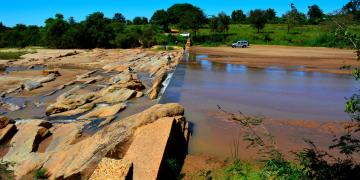Capacity Building of Protected areas administration and local stakeholders
Machakhela National Park (MNP) support zone community mobilization and engagement in protected area planning and management
Tourism development inside and adjacent to Machakhela National Park
Support Protected Area (PA) and community cooperation through the Protected areas Friends Association (FA)
Addressing specific concerns of local communities, associated with establishment of Machakhela National Park (MNP)
Identify and introduce suitable management system for nature conservation and sustainable development in the support zone
